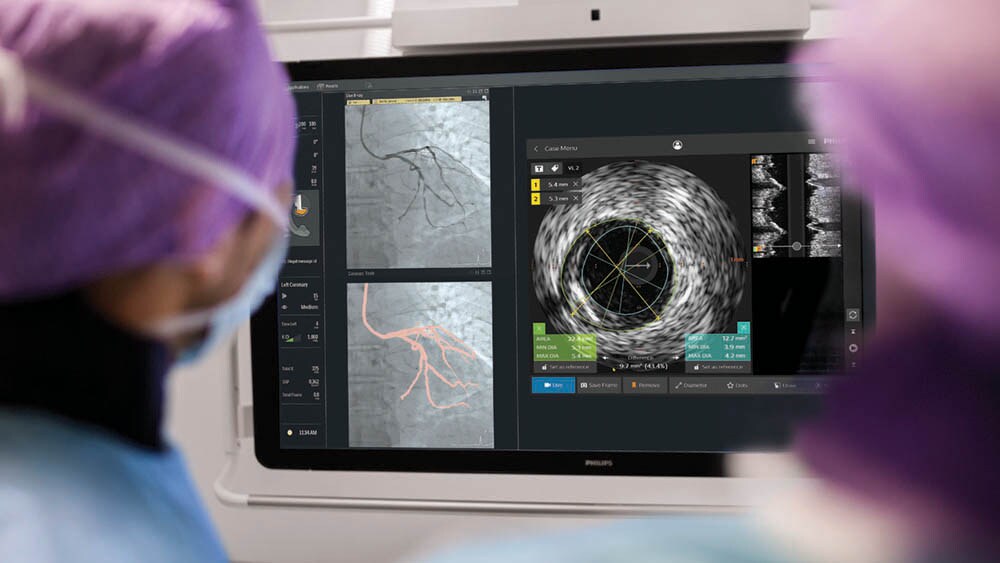Revolutionizing Healthcare: AI’s Impact on Patient Experience

In the ever-evolving landscape of healthcare, technological advancements continue to reshape the patient experience, with artificial intelligence (AI) emerging as a transformative force. From streamlining administrative tasks to personalizing treatment plans, AI holds immense potential to revolutionize how patients interact with the healthcare system. By leveraging AI-driven solutions, healthcare providers can enhance efficiency, improve outcomes, and deliver more patient-centered care.
Enhancing Efficiency Through Automation:
One of the most significant contributions of AI to the patient experience is its ability to automate routine administrative tasks, freeing up valuable time for healthcare professionals to focus on patient care. AI-powered chatbots and virtual assistants can handle appointment scheduling, medication reminders, and answering common inquiries, reducing wait times and improving accessibility for patients. Additionally, AI algorithms can analyze electronic health records (EHRs) to identify patterns and trends, enabling more efficient decision-making and resource allocation.
Personalizing Treatment Plans:
AI-driven analytics have the potential to revolutionize how healthcare providers tailor treatment plans to individual patient needs. By analyzing vast amounts of patient data, including genetic information, medical history, and lifestyle factors, AI algorithms can identify personalized treatment pathways that optimize outcomes and minimize adverse effects. This personalized approach not only improves patient satisfaction but also enhances clinical efficacy by aligning interventions with each patient’s unique circumstances and preferences.
Predictive Analytics for Early Intervention:
Another key application of AI in healthcare is predictive analytics, which enables early detection of potential health issues and proactive intervention to prevent escalation. By analyzing data from various sources, including wearable devices, medical imaging, and genetic testing, AI algorithms can identify patterns indicative of disease onset or progression. Healthcare providers can then intervene early, offering timely interventions and preventive measures to mitigate risks and improve long-term outcomes for patients.
Improving Patient Engagement and Education:
AI-powered tools can also empower patients to take a more active role in managing their health through personalized education and engagement initiatives. Virtual health assistants can deliver targeted health education materials, reminders for preventive screenings, and guidance on lifestyle modifications tailored to each patient’s specific needs. Furthermore, AI-driven telemedicine platforms enable convenient access to healthcare services, particularly for patients in remote or underserved areas, fostering greater patient engagement and adherence to treatment plans.
Addressing Ethical and Privacy Concerns:
While AI holds great promise in transforming the patient experience, it also raises ethical and privacy concerns that must be addressed to ensure responsible implementation. Safeguarding patient data privacy, ensuring transparency in AI algorithms, and mitigating biases in decision-making are critical considerations for healthcare providers and policymakers. Additionally, maintaining human oversight and accountability in AI-driven processes is essential to uphold patient trust and ensure that AI complements, rather than replaces, the human touch in healthcare delivery.
Artificial intelligence has the potential to revolutionize the patient experience in healthcare, from streamlining administrative tasks to personalizing treatment plans and improving outcomes. By harnessing the power of AI-driven solutions, healthcare providers can enhance efficiency, engage patients more effectively, and deliver more personalized and proactive care. However, realizing the full potential of AI in healthcare requires a balanced approach that prioritizes patient privacy, transparency, and ethical considerations. As AI continues to evolve, it is imperative that healthcare stakeholders collaborate to harness its transformative potential while upholding the highest standards of patient care and ethics.














































